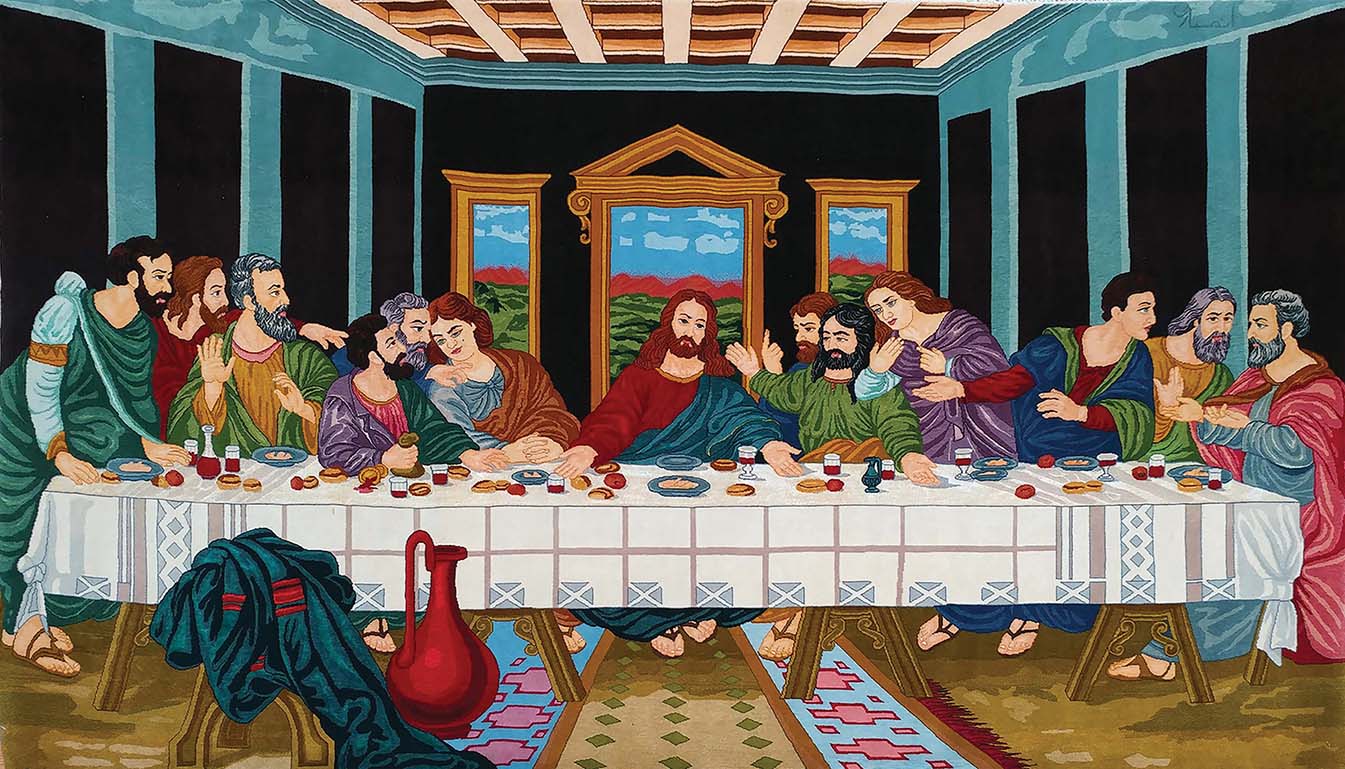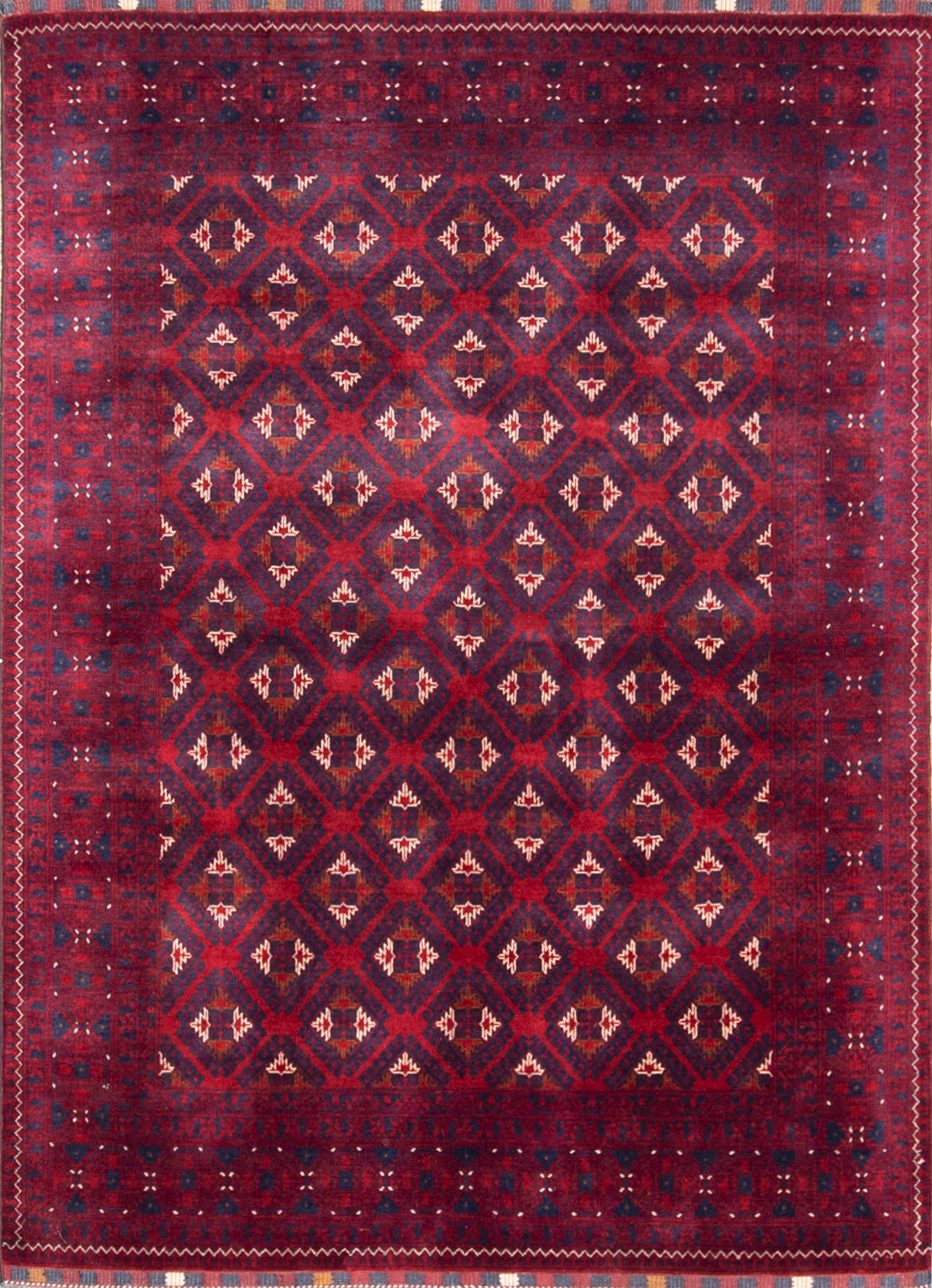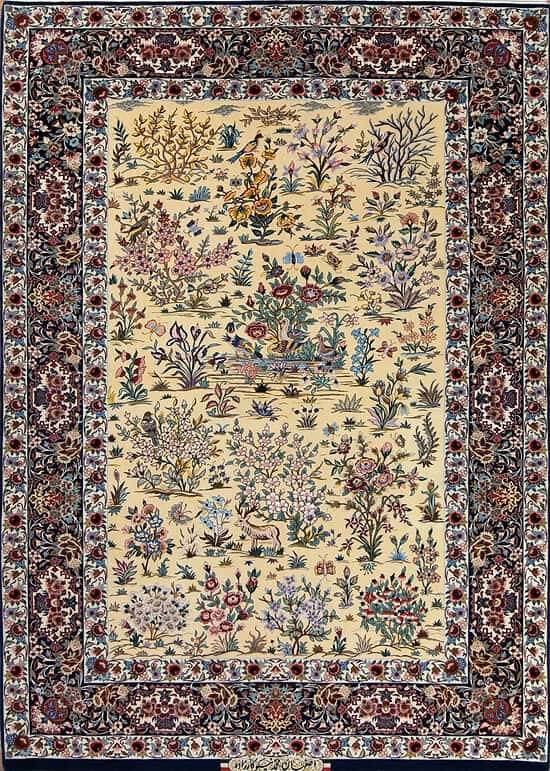Before delving into the complexities surrounding Iran’s rug sanctions, it’s essential to appreciate the profound cultural significance of these handcrafted treasures. With a rich history spanning over seven thousand years, Iran, formerly known as Great Persia, stands as one of the world’s oldest civilizations. This country has been the cradle of numerous scientists, philosophers, and artists whose contributions have shaped human thought and culture. Among its most celebrated artistic achievements are the exquisite handwoven carpets that reflect the intricate craftsmanship and artistic heritage passed down through generations.
Iranian carpets, also known as Persian rugs, are not merely decorative items; they are manifestations of the rich history and artistic ingenuity of the people who create them. Each carpet tells a story, combining traditional techniques with unique designs that represent the diverse cultural influences that have mingled in this historic region. These rugs are painstakingly produced by skilled artisans who have dedicated their lives to mastering the craft of handweaving. For many of these individuals, weaving carpets is not just a profession but a vital source of income that supports their families and communities.
Iran’s Rug Sanction and Its Financial Affect on Weavers and Consumers
However, in recent years, a significant hindrance to this thriving industry has arisen in the form of an embargo placed on Iranian rugs. Iran’s rug sanction measure has stemmed from broader political issues and has, unfortunately, overlooked the impact it has on the lives of ordinary artisans and consumers alike. The carpet export business has historically contributed millions of dollars to the Iranian economy, providing artisans with the financial stability necessary for their livelihoods. Without this income, many weavers face severe financial difficulties, and the rug weaving industry is now grappling with the repercussions of lost revenue due to Iran’s rug sanctions.
You may wonder who truly benefits from Iran’s rug sanctions targeting the Persian rug industry. The straightforward answer is nobody. Such an embargo does not provide any tangible advantages to either the American market or the Iranian craftsmen. In fact, it is clear that both parties are suffering. While Iranian weavers lose crucial income, American consumers find themselves deprived of a wealth of options when it comes to purchasing these exceptional carpets. Imagine the marketplace if the embargo were lifted: consumers would enjoy a broader selection of rugs, varying in quality and price. The availability of Persian rugs would not only stimulate competition among sellers but also lead to more affordable prices for buyers.
In a world where many individuals and families are striving to enhance their living conditions, the removal of these sanctions could significantly benefit American homes by allowing access to unique artisanal products that enrich interior spaces with beauty and history. In conclusion, we advocate for the lifting of sanctions on Iranian rugs to restore the dignity and financial well-being of the weavers, while simultaneously providing American consumers with the opportunity to appreciate and acquire these magnificent pieces of cultural heritage. Each Persian carpet is more than just a product; it is a testament to the artistry and cultural heritage of a nation that deserves to share its treasures with the world.





